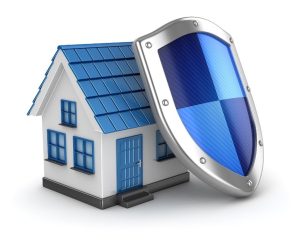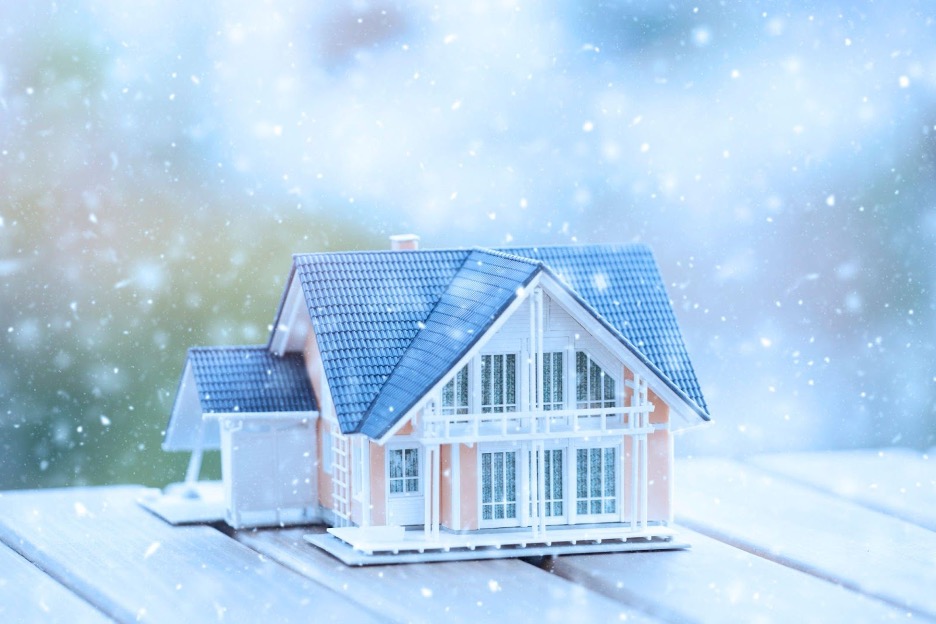Protecting your Property this Winter – Tips
Protecting your Property this Winter – Tips
Landlords, managing agencies, and renters should take precautions to keep their properties safe from the colder weather as it approaches. When winter arrives, there are additional security considerations, especially if your property will be unoccupied or your tenants will be away for the holidays.
In this section, we will explain to landlords how they can protect their own home and investment properties throughout the winter months.

- Collaborate closely with your renters to pinpoint any problems
As discussed in the section under “Tips for Landlords,” the winter season poses several possible dangers to your rental property, including broken boilers, clogged drains, and leaking roofs. It is also more likely that there may be problems with dampness, mildew, frozen pipes, and liquefaction.
The good news is that many of these issues may be dealt with quickly and effectively if they are identified early; alternatively, you can take steps to avoid them from deteriorating in the first place.
Since it is easier to avoid problems than to fix them once they arise, you need to urge your renters to get in touch with you or your agent as soon as they notice any warning signs related to mould, dampness, or subsidence. When it comes to malfunctioning boilers, you and your renters need to have open lines of communication with one another for you to be able to address any problems as quickly as possible.
When the weather takes a turn, you can reduce the likelihood of frozen pipes by requesting that your tenants turn on the heat to a minimum of 7°C throughout the day and night. Ensure that twigs and other debris aren’t allowed to accumulate in the gutters and drain over time to keep them from becoming clogged. Talk to your tenants and see whether they’re willing to take on this responsibility or plan periodic visits to the property yourself. Due to the overall holiday season, it’s more probable that your tenants will be away for an extended amount of time.
Your property manager can send someone to check the property to ensure the gutters and drains are clean. Of course, you must have a conversation with tenants first to ensure they’re okay with this with sufficient notice being given.
If you have an empty rental property, you should check it frequently for signs of mould, moisture, or subsidence to prevent the pipes from freezing and the drainage system from clogging.
- Encourage clear communication
Long-term tenancies thrive on open lines of communication between landlords and tenants, and this is especially true during the winter months. Tenants should only use time contacting the right people in an emergency, such as a leaking roof or malfunctioning furnace.
If they plan to be away for a while over the holidays, ask that they update you on their whereabouts. The heating needs to be set to turn on at specific times to avoid frozen pipes and to forestall mould growth and dampness.
- Be on the lookout for burglars

As the days get shorter and darker earlier in the winter, burglaries are likely to increase by as much as 20 to 25 percent. This is because people may spend hours away from their homes for days while they are travelling to see family. A home that has been abandoned and is located on a street that is not exceptionally well-lit is inexorably more likely to be broken into, as is a property situated on a street that is not relatively well-lit.
You and your tenants are lucky since measures may be taken to keep your property secure throughout the winter. This includes ensuring your entrances are protected, placing your keys safely, and taking further precautions like installing security alarms andCCTV (if you may not have these).
Installing a Ring doorbell, which can film visitors as they visit your property or press your doorbell, is one step that could cost less money. In addition to this, it provides you with real-time warnings of activity of this kind, and its motion-sensing cameras have the potential to deter criminals or, at the very least, cause them to rethink their actions.
Your well-lit front and back gardens and driveway may also help ward off potential robbers. Asking your tenants to give you or your agent a heads-up before they leave for an extended period is another sensible precaution you should take. You could go to the house, as long as the homeowners permit you, to ensure everything seems in good order.
Alternatively, enlisting helpful neighbours willing to keep an eye out and bring in mail and packages is another option for reducing the risk of theft.
- Plan and sustain
Prevention is always preferable to treatment, and this maxim holds regardless of whether you are concerned about thieves, frozen pipes, dampness, or any other possible danger that may arise from the colder weather. The best way to ensure that your property will make it through the wintertime without any problems is to ensure that it is appropriately managed before the most severe weather arrives and to prepare in advance for any situations in which the property will be unoccupied.
Before the temperature drops into the negatives, check to see that the gutters have been cleansed of any leaves, that the extractor fans inside the property have been cleaned and that they are functioning correctly, and that the heating system is set to turn on for at least one hour each day.
Bottom line
The effects of ice, snow, and wind can have disastrous consequences on your home and your family’s finances. The good news is that there are preventative measures you can take to minimise the cost and hassle of winter damage, and some of these measures can even help you save money on your heating bills. Start getting ready for the upcoming cold and harsh weather as soon as the leaves change colour. This will ensure that your home is in good shape when it arrives.
Thinking of buying, selling or letting your property?
Get in touch with our team of expert property professionals to help
Property Prices Dropping by 40%? We Don’t Think So!
Mortgage Rates Increasing in the face of the Bank of England base rates increasing in order to fight inflation for ...
RENTING VS BUYING A PROPERTY
Flexibility Can move easily and relocate around the country and abroad if needed which can save you money. Also, yo ...
6 Tips for successfully preparing your property for being SOLD or LET
The key thing when marketing your property will come from how you present your home in a way that makes the buyer o ...



